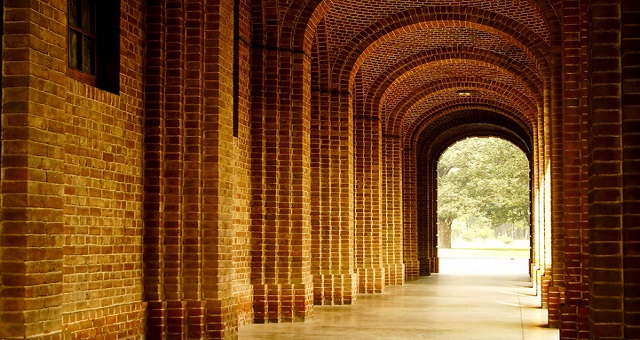The Academic Leader’s Role in Promoting Inclusive Excellence
What atmosphere are you creating at work? Institutional polices form a threshold for promoting access and equity, but it’s up to academic leaders to create an environment in which people feel creative, productive, and engaged—an idea known as inclusive excellence.





